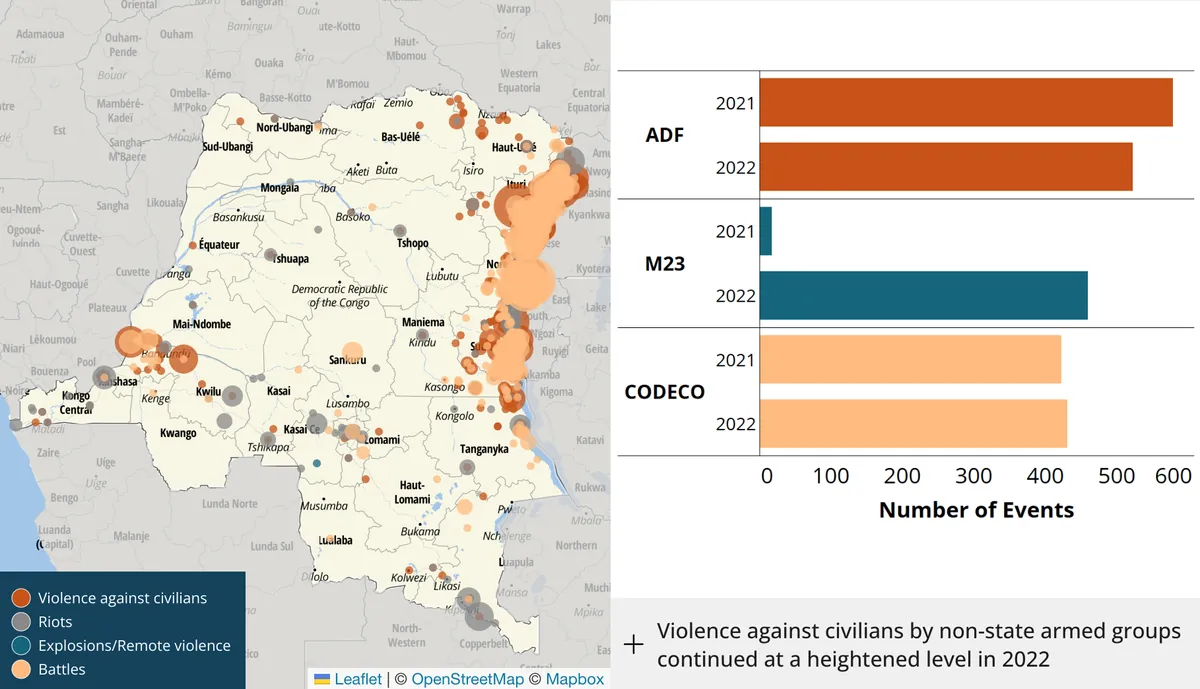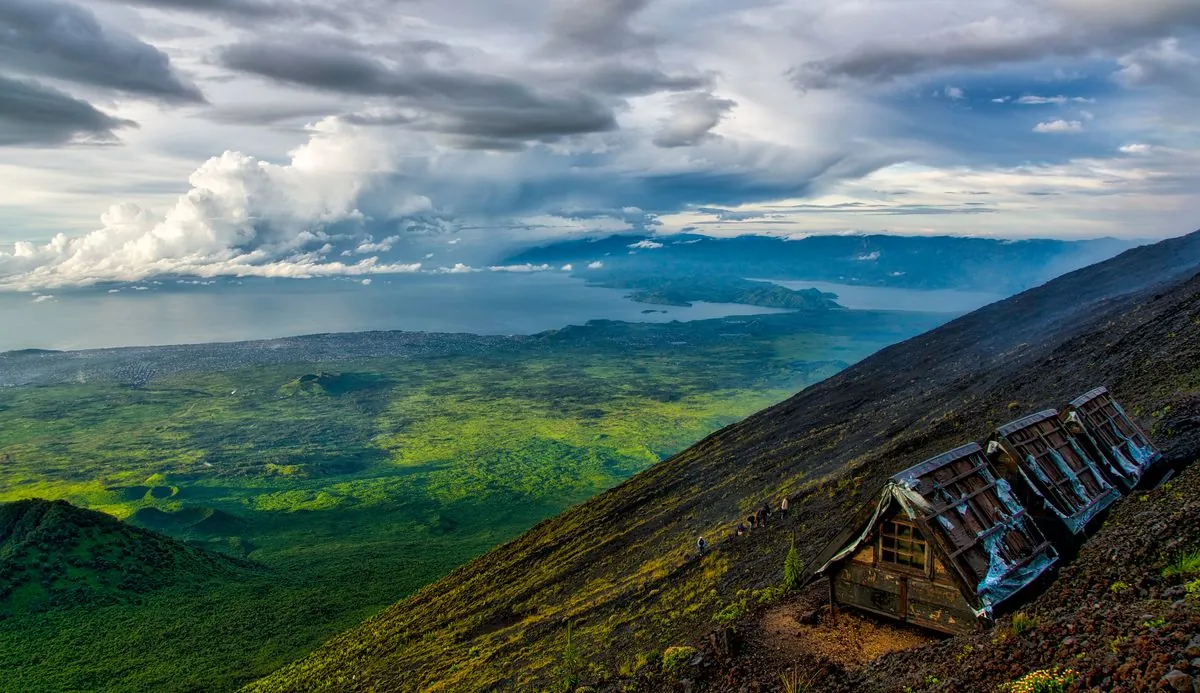Deadly Clashes in Eastern Congo Violate Recent Cease-fire Agreement
Recent violence in eastern Congo claims 16 civilian lives, breaching a newly established cease-fire. The conflict highlights ongoing instability in the mineral-rich region, affecting millions of displaced people.

In a recent outbreak of violence, 16 civilians lost their lives in eastern Democratic Republic of Congo, marking a significant breach of the cease-fire agreement established just 11 days ago. The incident occurred in the Rutshuru territory of North Kivu province, an area long plagued by conflict and instability.
The clashes involved the M23 rebel group, allegedly supported by neighboring Rwanda, and the local Wazalendo fighters, who often collaborate with Congolese security forces. Isaac Kibira, an administrative official in Rutshuru, reported that seven civilians perished during an attack on an M23 position by Wazalendo fighters. A subsequent clash resulted in a vehicle being set ablaze, claiming nine more civilian lives.
This latest violence underscores the fragility of peace efforts in the region. The Democratic Republic of Congo, the second-largest country in Africa by area, has been grappling with conflict in its eastern regions since the 1990s, following the Rwandan genocide. The area has become a hotbed for over 120 armed groups vying for control of the region's vast mineral resources.

The M23 rebel group, which rose to prominence over a decade ago when it briefly captured Goma, eastern Congo's largest city, continues to be a significant player in the conflict. The group's name is derived from a peace deal signed on March 23, 2009, which they accuse the Congolese government of failing to implement.
The ongoing instability has resulted in one of the world's largest humanitarian crises, with more than 7 million people displaced, many beyond the reach of aid. This situation is particularly dire in a country home to over 200 ethnic groups and languages, highlighting the complex social fabric affected by the conflict.
Amidst the turmoil, there have been developments in the mining sector, a crucial component of Congo's economy. Jean-Jacques Purusi Sadiki, the governor of South Kivu province, recently lifted a month-long suspension on all mining activities. This decision followed meetings with mining companies and a directive for increased transparency in the sector.
Congo's mineral wealth is substantial, with over 1,000 different mineral substances present in the country. However, this abundance has often been a source of conflict rather than prosperity. Chinese companies are particularly active in mining gold and other minerals in eastern Congo, though they face frequent security challenges. Last month, a militia attack on a gold mine in Ituri province resulted in the deaths of six Chinese miners and two Congolese soldiers.
The United Nations has maintained a peacekeeping mission in Congo since 1999, attempting to stabilize the region. However, the persistence of violence, as evidenced by this recent incident, demonstrates the ongoing challenges in achieving lasting peace.
As Congo continues to grapple with these complex issues, the international community watches closely. The country, which gained independence from Belgium in 1960, has faced numerous challenges in its path to stability and development. The current situation in eastern Congo serves as a stark reminder of the work that remains to be done in addressing the root causes of conflict and fostering sustainable peace in this resource-rich but troubled region.


































